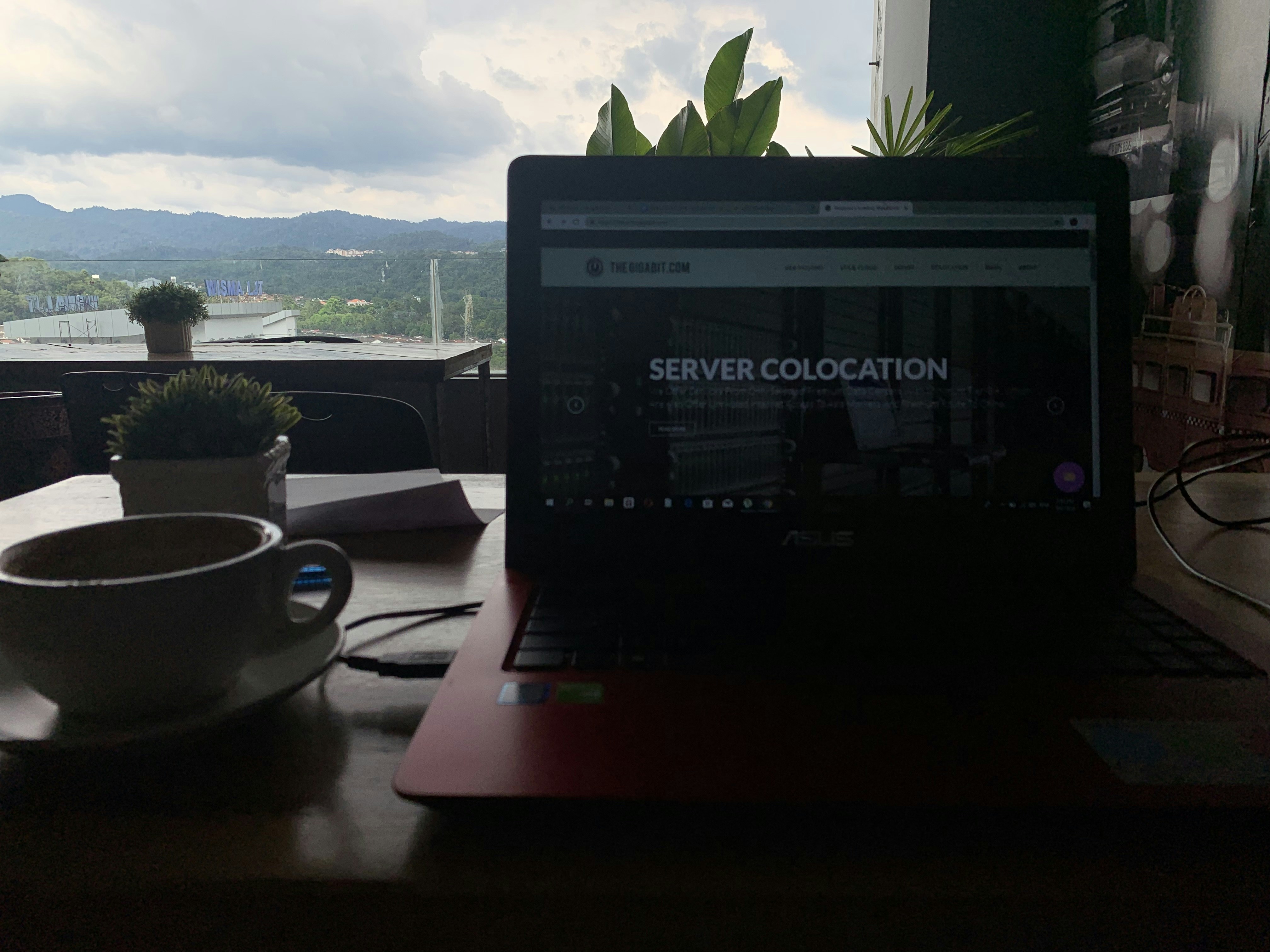
Overview of the Current Hosting Industry Landscape
The hosting industry in the USA has experienced significant growth and transformation in recent years, driven by technological advancements and evolving consumer preferences. As of 2023, the industry is valued at approximately $70 billion and continues to expand rapidly due to an increasing reliance on online services across multiple sectors. This growth trajectory has been largely influenced by heightened demand for cloud-based solutions, enhanced cybersecurity measures, and the critical need for businesses to maintain an online presence.
Major players in the hosting market include established companies such as Amazon Web Services (AWS), Microsoft Azure, and Google Cloud, alongside popular shared hosting providers like Bluehost and HostGator. These key players offer a range of services, from shared and dedicated hosting to increasingly popular VPS (Virtual Private Server) options. The competition among these companies is significant, resulting in innovative offerings and improved pricing structures that cater to diverse consumer needs.
The recent COVID-19 pandemic has further accelerated the growth of the hosting industry, as businesses across the country have pivoted to remote work and digital-first strategies. This shift has prompted a surge in demand for reliable hosting services, which are essential for supporting e-commerce platforms, online communication tools, and cloud storage solutions. In light of this shift, many hosting providers have enhanced their service offerings to include robust support for remote collaboration and increased storage solutions, meeting the evolving needs of the modern workforce.
As the landscape of the hosting industry continues to evolve, it is clear that technological innovation will remain a driving force in shaping market dynamics. Companies that successfully adapt to these changes and prioritize customer-centric solutions are likely to emerge as leaders in this competitive sector. The future of the hosting industry in the USA appears promising as it navigates these developments and meets the increasing demands of both consumers and businesses.
Emerging Technologies Influencing Hosting Services
The hosting industry is currently experiencing a significant transformation, primarily driven by emerging technologies such as cloud computing, edge computing, and artifcial intelligence (AI). These advancements are not only enhancing the overall performance of hosting services but are also improving security and providing scalability for businesses of all sizes. Cloud computing, for instance, has revolutionized the way data is stored and accessed. By utilizing a distributed framework, cloud hosting allows for efficient resource management and flexibility, enabling businesses to scale their operations seamlessly according to demand.
Edge computing is another technological trend that is reshaping the hosting landscape. By processing data closer to the source, edge computing reduces latency and boosts response times, which is crucial for applications that demand real-time data processing. This technology is especially beneficial for industries such as IoT (Internet of Things), where large volumes of data are generated at the network edge. With the decreasing response times, businesses can ensure a better user experience and improved data integrity.
Moreover, artificial intelligence is playing a pivotal role in enhancing security measures within the hosting ecosystem. AI-driven security protocols can rapidly detect and respond to threats, minimizing risks associated with data breaches and cyber-attacks. Additionally, automation is streamlining operations forhosting providers, allowing for more efficient management of resources. Containerization, which packages software into standardized units, further facilitates this automation by enabling consistent and efficient deployment across varied environments.
As these emerging technologies continue to evolve, hosting services are becoming increasingly competitive, providing organizations with advanced tools that cater to their specific needs while optimizing costs and enhancing operational efficiency.
Sustainability and Green Hosting Practices
In recent years, the hosting industry has seen a significant shift toward sustainability and green hosting practices. As awareness of climate change and environmental issues increases among consumers and businesses alike, hosting providers are taking proactive measures to minimize their impact on the environment. This trend towards sustainability is not only a response to consumer demand but also a necessity driven by the pressing need for energy conservation and the reduction of carbon footprints within the industry.
One of the primary initiatives adopted by hosting providers is the utilization of renewable energy sources to power data centers. Many companies are investing in solar, wind, and hydroelectric power to ensure that their operations are supported by clean energy. This transition not only reduces reliance on fossil fuels but also contributes to lowering greenhouse gas emissions, making the hosting services more environmentally responsible. Hosting companies that harness renewable energy often promote their green credentials, attracting businesses that prioritize sustdinability.
Furthermore, improving energy efficiency within data centers is another significant focus area for hosting providers. This includes adopting advanced cooling technologies, optimizing server layouts, and modernizing hardware to enhance overall energy performance. Data centers are notorious for their high energy consumption; thus, applying these energy-efficient practices can lead to substantial reductions in power use and operational costs.
The rising consumer awareness and commitment toward environmentally friendly services are also influencing hosting providers to adopt green practices. Businesses across various sectors are increasingly looking for partners that demonstrate corporate responsibility and sustainable operations. Consequently, the demand for green hosting solutions is on the rise, prompting more providers to embrace and implement sustainable strategies. This evolving landscape signifies a crucial development in the hosting industry, highlighting the importance of aligning business practices with eco-friendly initiatives.
Future Directions and Predictions for Hosting Industry Growth
The hosting industry in the USA is on the brink of significant transformation, driven by technological advancements and changing customer preferences. One of the most anticipated trends is the increased adoption of hybrid cloud solutions. As organizations seek flexibility, scalability, and cost-effectiveness, hybrid cloud environments—combining public and private cloud infrastructures—are becoming increasingly attractive. This trend not only allows businesses to manage workloads more eficiently but also aids in optimizing resources for varying business needs.
Furthermore, the expansion of hosting services tailored to specific industries is likely to shape the future landscape. Providers are recognizing that sector-specific requirements necessitate bespoke solutions, whether it be in healthcare, finance, or e-commerce. By focusing on specialized hosting services, companies can enhance their offerings to ensure compliance with industry regulations while delivering optimal performance and security for their clients. This specialization is essential for maintaining a competitive edge in a saturated market.
As businesses migrate more applications and data to the cloud, the significance of cybersecurity will inevitably rise. Hosting packages integrated with advanced cybersecurity measures are becoming a core component of service offerings. Clients are increasingly aware of risks associated with data breaches and cyberattacks, making secure hosting solutions an essential requirement. Providers are investing heavily in developing robust security protocols to safeguard customer data while complying with evolving regulations.
However, the hosting industry also faces several challenges. Regulatory issues surrounding data privacy and security could impose constraints on service delivery, forcing providers to adapt quickly to stay compliant. Additionally, competition among hosting providers continues to intensify, driving the need for innovation. To thrive, companies must stay ahead by continuously evolving their service models and enhancing their technology stack. By anticipating these trends and challenges, the hosting industry in the USA can strategically position itself for sustainable growth in the coming years.



